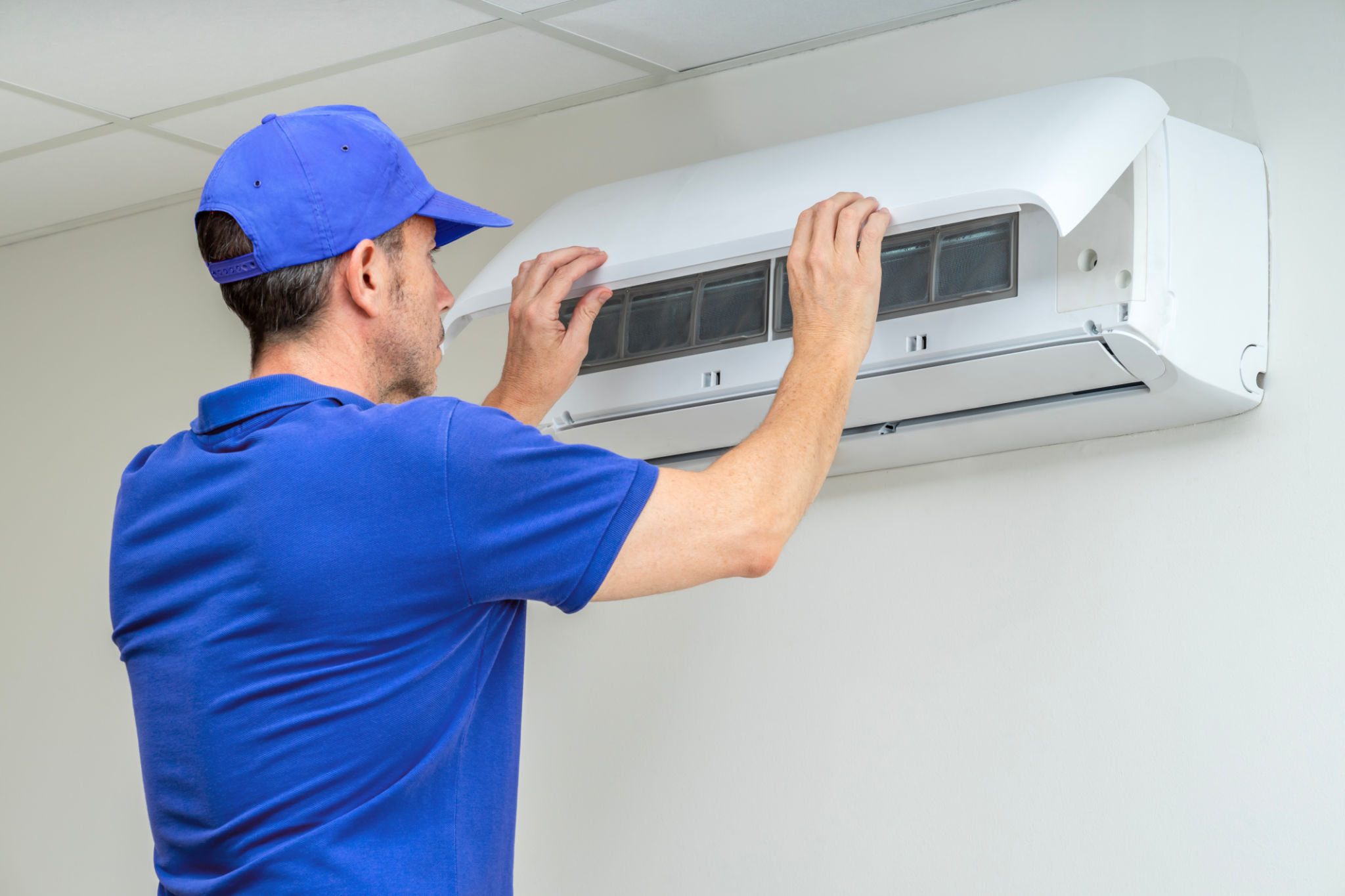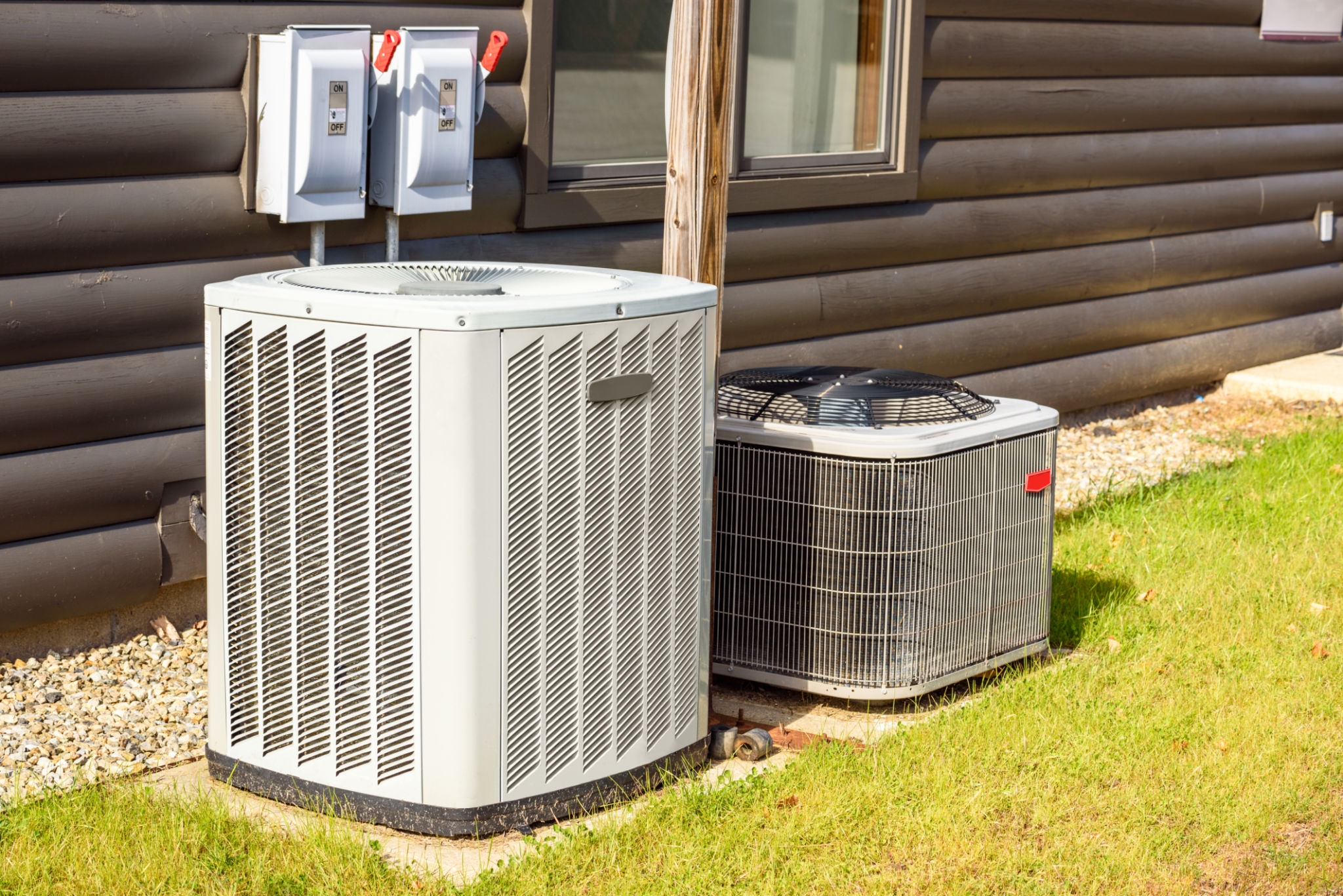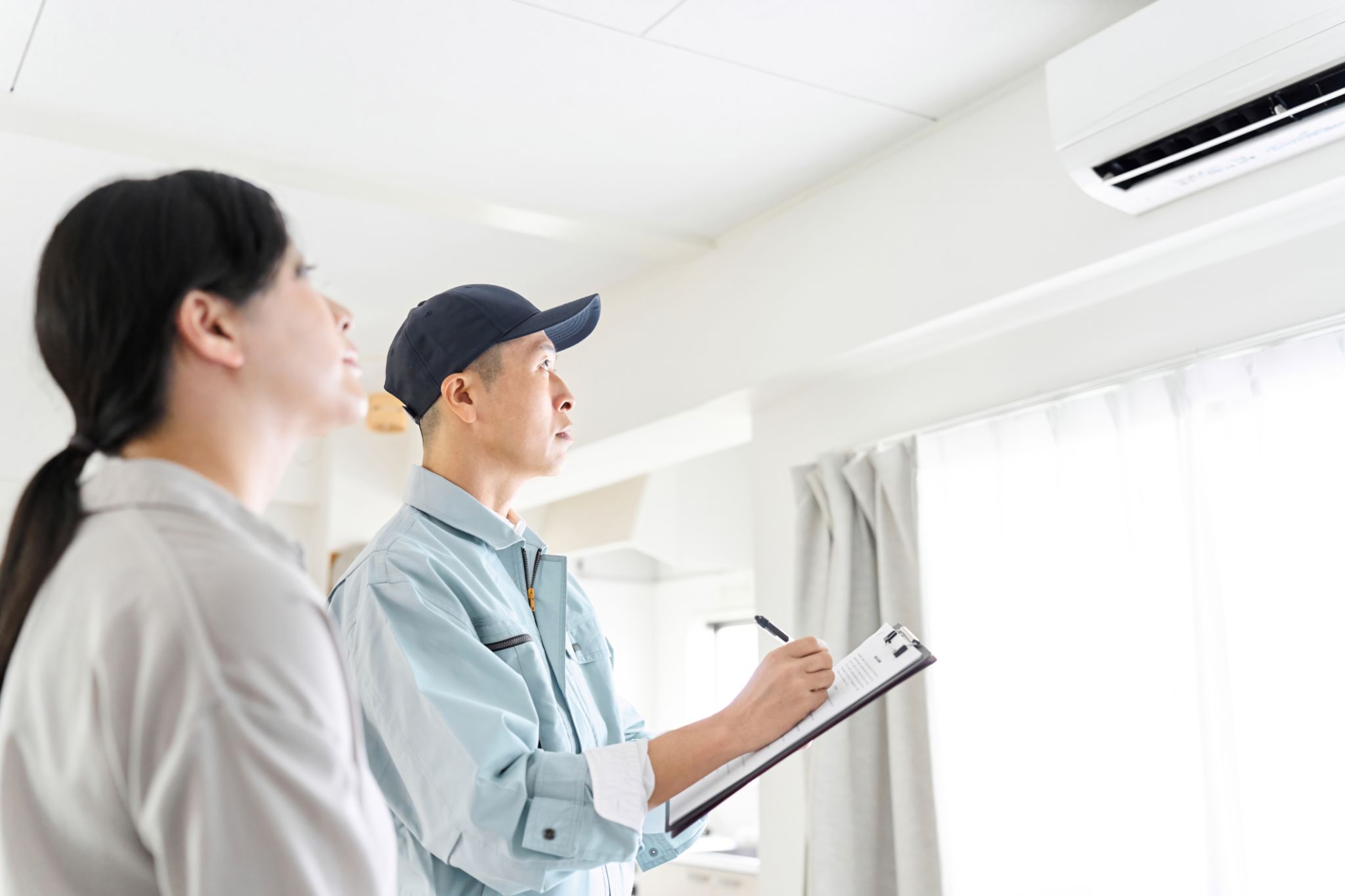How to Choose the Best HVAC Installation for Your Residential Property
Understanding Your HVAC Needs
Choosing the best HVAC installation for your residential property is a vital decision that can impact your home's comfort and energy efficiency. The first step is to understand your specific needs. Consider the size of your home, the local climate, and your personal preferences regarding temperature control. By assessing these factors, you can make an informed decision that will save you money and enhance your living environment.
It's important to recognize that not all HVAC systems are created equal. Some systems are designed for larger homes, while others are better suited for smaller spaces. Additionally, the type of system you choose can affect your utility bills and maintenance costs over time.

Different Types of HVAC Systems
There are several types of HVAC systems available, each with its own advantages and disadvantages. The most common types include:
- Central Air Conditioning: Ideal for larger homes, providing even cooling throughout the space.
- Heat Pumps: Efficient for both heating and cooling, best suited for moderate climates.
- Ductless Mini-Splits: Perfect for targeted heating and cooling in specific rooms or areas.
- Window Units: Cost-effective for small spaces, though less efficient than other options.
Each system type offers unique benefits, so it's crucial to match the system to your home's specific needs.
Energy Efficiency Matters
With rising energy costs, choosing an energy-efficient HVAC system can lead to significant savings on your utility bills. Look for systems with a high Seasonal Energy Efficiency Ratio (SEER) rating or Energy Star certification. These ratings indicate how efficiently the system operates, ensuring you get the most out of your investment.

Additionally, consider the environmental impact of your HVAC choice. Opting for a system that uses eco-friendly refrigerants and consumes less energy can contribute positively to your carbon footprint.
Consideration of Installation Costs
The initial cost of installing an HVAC system can vary widely depending on the type and complexity of the installation. It's essential to consider not only the upfront cost but also the long-term savings on energy bills and maintenance expenses. Request quotes from multiple contractors to compare prices and services offered.
Remember that investing in a high-quality installation can prevent costly repairs down the line. A well-installed system will operate more efficiently and have a longer lifespan.

Maintenance and Support
Regular maintenance is crucial to keep your HVAC system running smoothly. When selecting a system, inquire about the maintenance requirements and whether the manufacturer offers support services. Some installations may come with warranties or service packages that can provide peace of mind.
Ensure you understand any ongoing maintenance tasks, such as filter changes or annual servicing, to maintain optimal performance. Partnering with a reliable HVAC service provider can help ensure your system remains in top condition over its lifespan.
Consulting with Professionals
Finally, consulting with HVAC professionals can offer valuable insights into selecting the right system for your home. Experienced installers can assess your property's specific needs and recommend systems that align with your budget and requirements.
Professionals can also provide detailed information on the latest technologies and innovations in HVAC systems, helping you make an informed decision that enhances both comfort and efficiency in your home.
